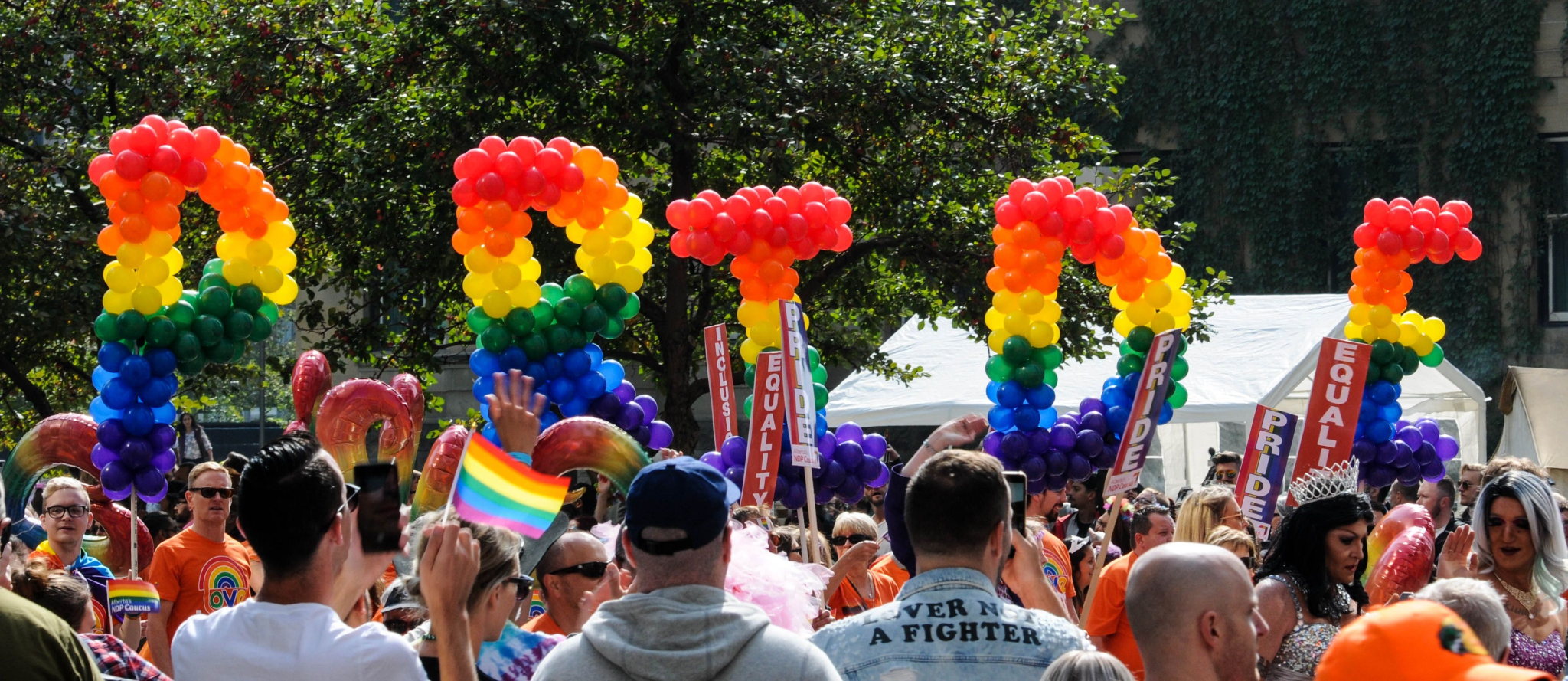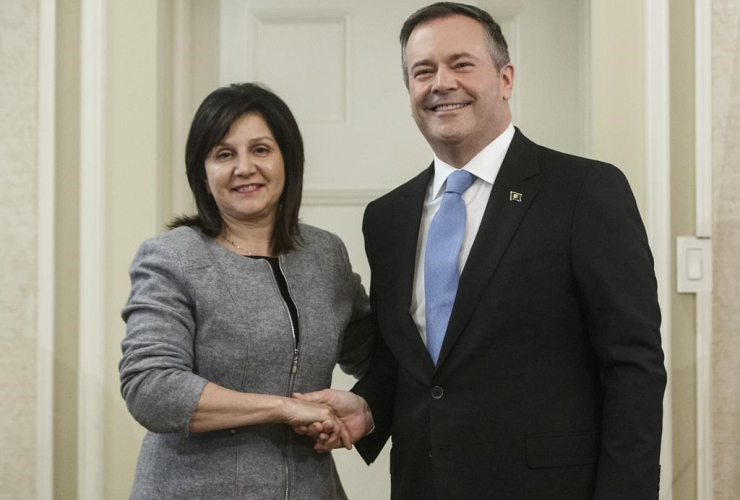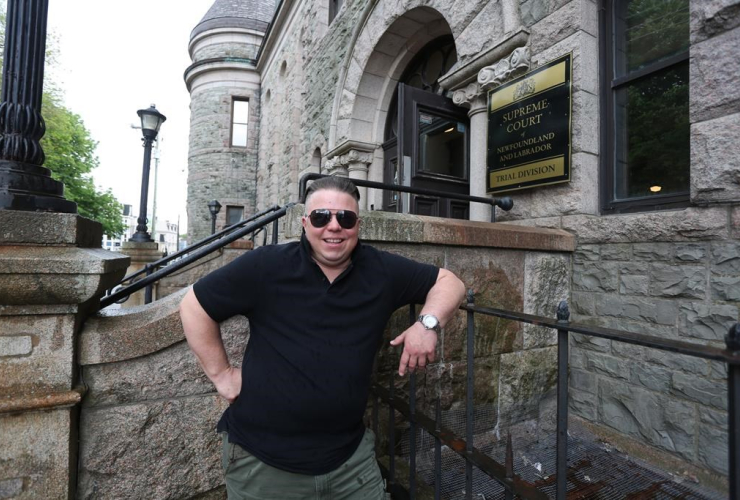Despite government rhetoric on inclusion and diversity, LGBTQ2+ Canadians are all too familiar with violence and discrimination. Violence, shame and stigma connected to our identities, have caused higher rates of mental health problems, suicidality, and homelessness in our community. We deserve to exist in a world free of violence and to be afforded the same opportunities for health and well-being as our heterosexual and cisgender peers.
Despite higher needs of LGBTQ2+ communities, we are less likely to access health care services, and all too likely to experience discrimination and stigma while relying on the very services intended to help us be and stay healthy.
The 2010 Trans Pulse study, the best data available on the subject to date, found that 21 percent of trans people in Ontario avoided accessing emergency medical services because of fears of transphobia. It found 52 per cent had negative experiences in emergency rooms related to transphobia.
Imagine trying to access a hospital and having to fight for inclusive care every step of the way just to get treatment for a stomach ache.
The truth is, Canada’s health and social service systems remain ill-equipped to provide affirming care and services that are particular to the health and wellness of LGBTQ2+ communities.
Canada has a mental health strategy, a suicide prevention framework, a poverty reduction strategy, a dementia strategy, and other focussed policies to target specific health and wellness issues among Canadians.
In 2019, it is past time for an LGBTQ2+ health strategy to address our unique health needs and put funding in place.
Mental health commission model
The Mental Health Commission of Canada (MHCC) was founded in 2007 to develop and implement Canada’s first mental health strategy through an investment of $55 million dollars over five years.
The MHCC has led a veritable revolution in the Canadian mental health system, building the capacity of services across the country to address mental health problems, leading the way on stigma reduction, and bringing mental health into the mainstream.
The MHCC has done for mental health what we desperately need done for LGBTQ2+ communities — real leadership, real funding. A national LGBTQ2+ health commission could be tasked with creating and implementing a national LGBTQ2+ health strategy focused on strengthening medical, social and community services and building the capacity of health systems to make LGBTQ2+ inclusive care the norm across Canada.
Health providers need training and education on the basics of supporting LGBTQ2+ patients — such as information on respecting pronouns, supporting trans people through transition, and working with HIV-positive men who have sex with men, as but a few examples.
We know LGBTQ2+ communities are more likely to struggle with suicide, substance use and mental health problems, have a higher prevalence of sexually-transmitted and blood-borne infections, and continue to be met with discrimination and violence in their everyday lives.
Inclusive care would include more counselling programs for LGBTQ2+ communities, more support groups, and more LGBTQ2+-specific sexual health clinics.
The election is months away and Canada’s political parties haven’t had much to say about LGBTQ2+ communities. That isn’t good enough. LGBTQ2+ communities deserve better and it’s time those who would represent us in the House of Commons step up and raise the bar on LGBTQ2+ inclusion. A national LGBTQ2+ health strategy is a needed start.






Comments